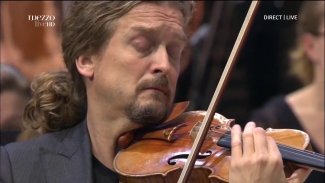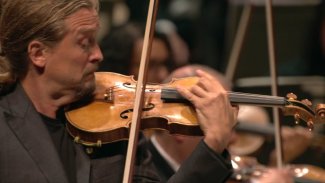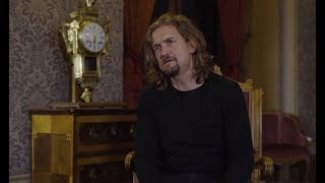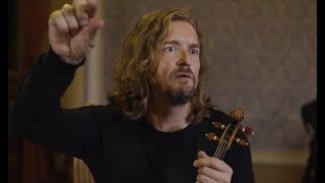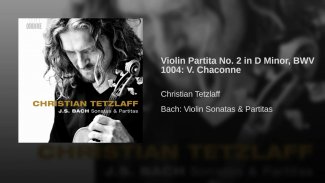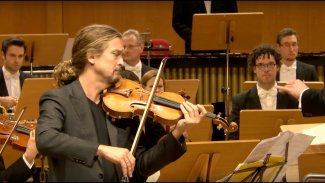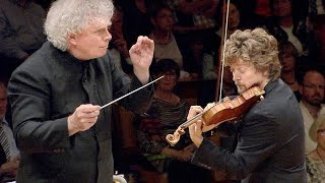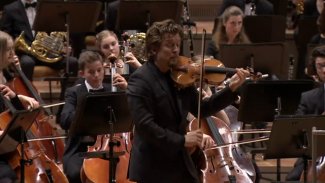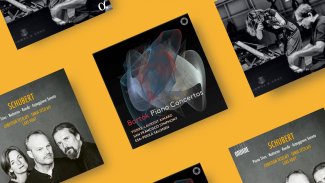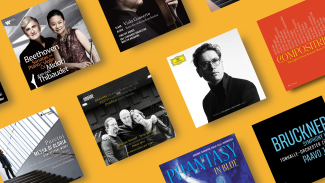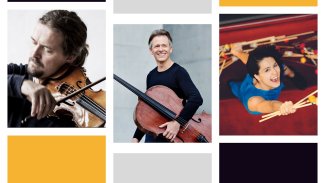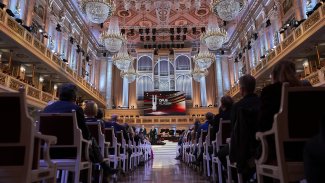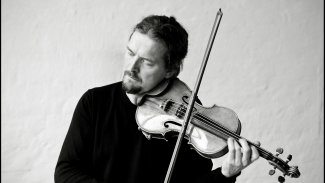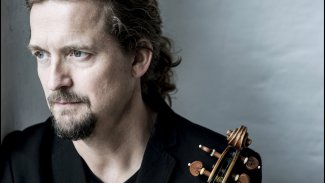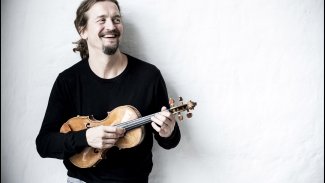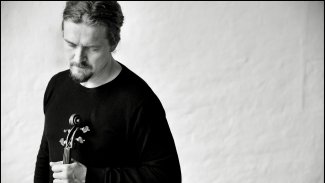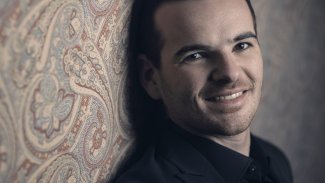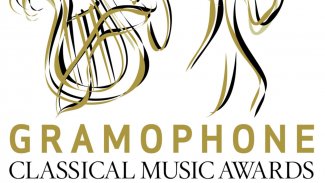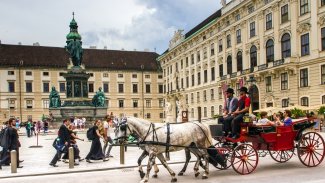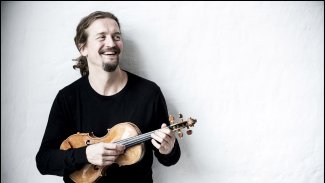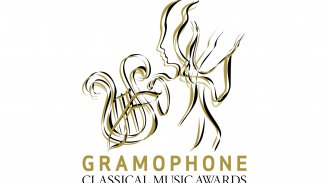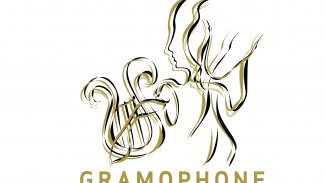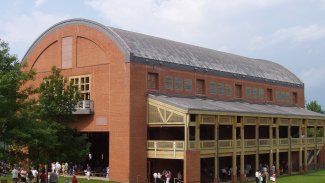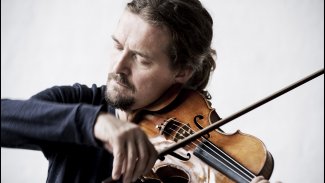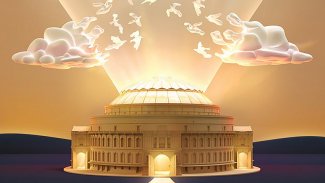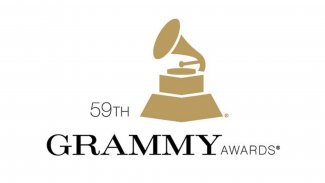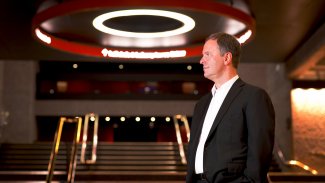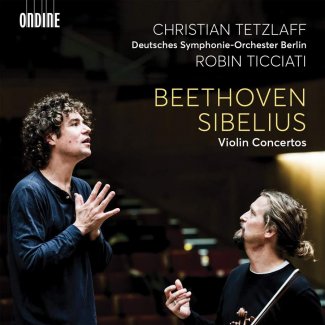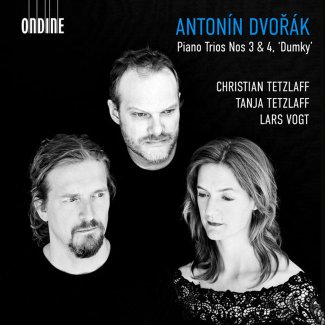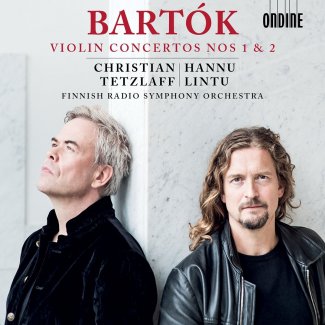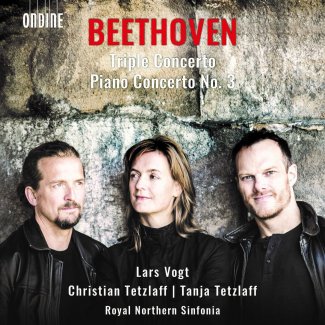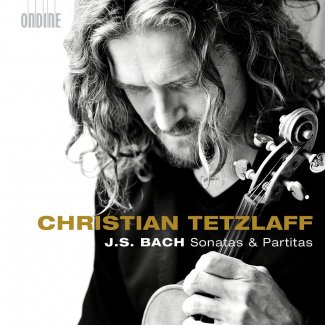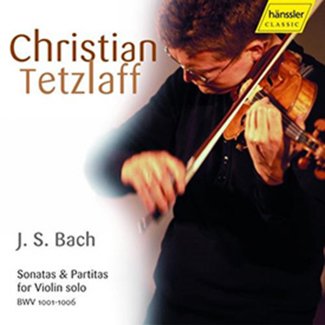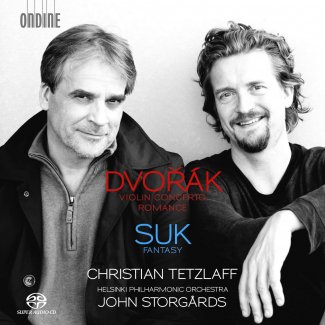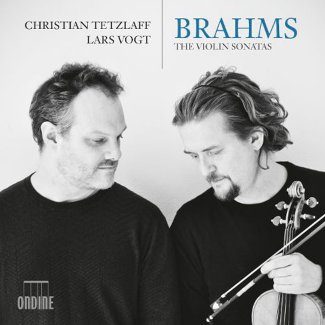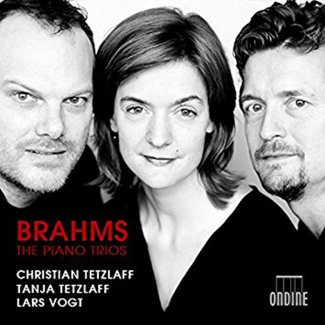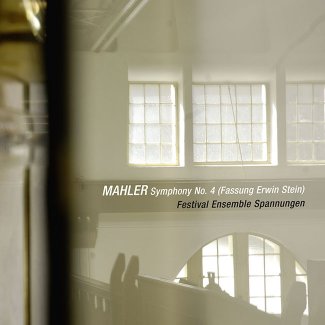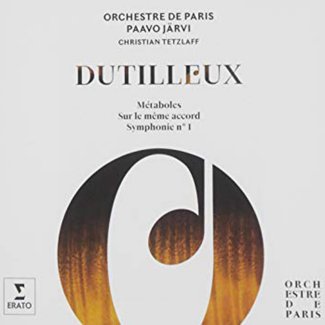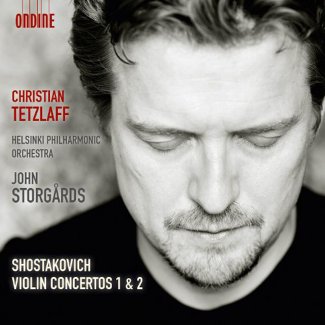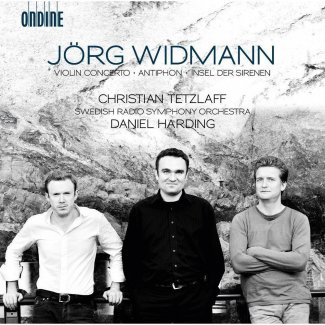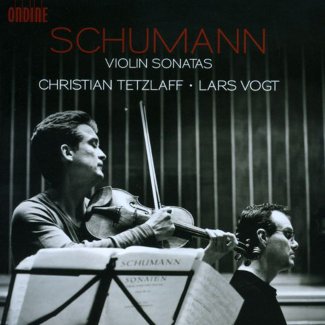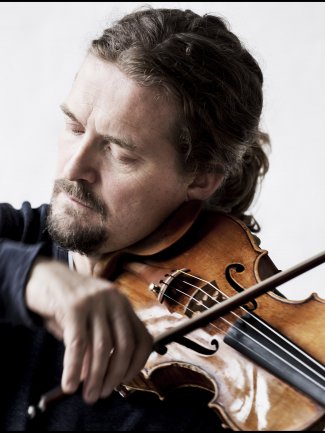
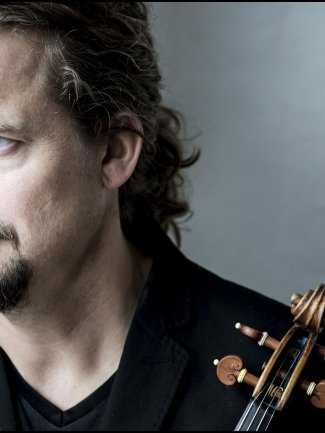
Christian Tetzlaff
“Tetzlaff, playing as if his life depended on it, transported his audience from the Hungarian gypsy camp to the salons of Vienna. It was the trip of lifetime.”
(Independent on Sunday)
Christian Tetzlaff is one of the most sought-after violinists and most exciting musicians on the classical music scene. Concerts with him often become an existential experience for the interpreter and audience alike; old familiar works suddenly appear in a completely new light. In addition, he frequently turns his attention to forgotten masterpieces such as Joseph Joachim’s Violin Concerto or the Violin Concerto No.22 by Giovanni Battista Viotti, a contemporary of Mozart and Beethoven. To broaden his repertoire, he also commits himself to substantial new works, such as Jörg Widmann’s Violin Concerto, which he premiered in 2013. With devotion he cultivates an unusually extensive repertoire and performs approximately 100 concerts every year. From 2023 onwards, he is Artistic Director of the Spannungen Festival in Heimbach.
In the 2024/25 season, Christian Tetzlaff appears with orchestras, including Chicago Symphony Orchestra (Afkham), St. Louis Symphony Orchestra (Storgårds), Tonhalle-Orchester Zürich (Paavo Järvi), Rundfunk-Sinfonieorchester Berlin (Afkham), hr-Sinfonieorchester (Gardner), Seoul Philharmonic Orchestra (Lintu), Bergen Philharmonic Orchestra (Emelyanychev), Finnish Radio Symphony Orchestra (Collon) as well as Orchestre de la Suisse Romande (Gatti). As a sought-after touring soloist, he performs with the London Philharmonic Orchestra in Belgium and the Netherlands, with the Kammerakademie Potsdam in six German cities, and joins the Yomiuri Nippon Symphony Orchestra on stage in Japan, Germany, and England.
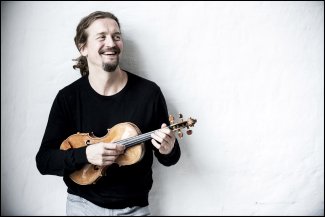
Show More
Christian Tetzlaff is regularly invited as Artist in Residence to present his musical views over a longer period, including with the Berliner Philharmoniker, Seoul Philharmonic Orchestra, and Dresdner Philharmoniker. In the 2021/22 season, he was given this honour at London’s Wigmore Hall and in 2022/23 he was “Portrait Artist” of the London Symphony Orchestra. In the 2024/25 season, Tetzlaff is Focus Artist at the Rheingau Music Festival as well as Artist in Residence at the Kammerakademie Potsdam.
Over the course of his career, Christian Tetzlaff has made guest appearances with all the great orchestras, including the Berliner Philharmoniker, Wiener Philharmoniker, New York Philharmonic, the Concertgebouworkest in Amsterdam and all the London orchestras. He has worked with legendary Maestri such as Sergiu Celibidache, Bernard Haitink, Lorin Maazel, Kurt Masur and Christoph von Dohnányi. Close artistic ties have also been forged with Karina Canellakis, Daniel Harding, Paavo Järvi, Vladimir Jurowski, Andris Nelsons, Sir Simon Rattle, Francois Xavier Roth, Robin Ticciati, Esa-Pekka Salonen, Michael Tilson Thomas, Barbara Hannigan, Ed Gardner, Ingo Metzmacher, and Kent Nagano.
In 1994, Christian Tetzlaff together with his sister, cellist Tanja Tetzlaff, founded his own string quartet, and to this day chamber music is as close to his heart as his work as a soloist. Each year he undertakes at least one tour with the Tetzlaff Quartett, this season with concerts in the Berliner Philharmonie, Elbphilharmonie, London’s Wigmore Hall, Kölner Philharmonie, Philharmonie Luxembourg, and in the USA with concerts in New York, San Francisco, Yale Univerity and more. The Tetzlaff Quartett was awarded the Diapason d’or in 2015, and in 2016, the trio, with his sister Tanja Tetzlaff and pianist Lars Vogt, was nominated for a GRAMMY award. The trio’s last recording of works by Schubert was only released after Lars Vogt’s untimely passing, and was awarded the OPUS Klassik for best chamber music recording in 2023. This season, Christian Tetzlaff will also join Kiveli Dörken in a duo in Japan, and as a piano trio with his sister Tanja Tetzlaff in the Wigmore Hall, among other places.
Christian Tetzlaff has also received numerous prizes for his recordings, including the ‘Jahrespreis der Deutschen Schallplattenkritik’ and the ‘Diapason d’or’ in 2018 and the Midem Classical Award in 2017. Bach’s Sonatas and Partitas are of particular significance to him, which he recorded for the third time and released in September 2017. The Strad magazine praised this recording as “an attentive and lively answer to the beauty of Bach’s solos”. The Ondine label released the recording of the Beethoven and Sibelius violin concertos in autumn 2019, followed by Brahms and Berg in August 2022 — both with the Deutsches Symphonie-Orchester Berlin conducted by Robin Ticciati.
Born in Hamburg in 1966 and now living in Berlin with his family, there are three things that make this musician unique, aside from his astounding skill on the violin. He interprets the musical manuscript in a literal fashion, he perceives music as a language, and reads the great works as narratives that reflect existential insights. As obvious as it may sound, he brings an unusual approach in his daily concert routine.
Christian Tetzlaff tries to fulfill the musical text as deeply as possible without indulging in the usual technical shortcuts on the violin, often allowing a renewed clarity and richness to arise in well-known works. As a violinist, Tetzlaff tries to disappear behind the work, and paradoxically, this makes his interpretations very personal.
Secondly, Christian Tetzlaff “speaks” through his violin. Like human speech, his playing comprises a wide range of expressive means and is not aimed solely at achieving harmoniousness or virtuosic brilliance.
Significantly, Tetzlaff played in youth orchestras for many years. In Uwe-Martin Haiberg at the Lübeck Music Academy, he had a teacher for whom musical interpretation was the key to mastering violin technique, rather than the other way around.
Christian Tetzlaff plays a violin by the German violin maker Peter Greiner and teaches regularly at the Kronberg Academy.
Contacts
Paul Littlewood Administrator, Artist Relations
Paul Littlewood Administrator, Artist Relations
HarrisonParrott represents Christian Tetzlaff in the UK
“Christian Tetzlaff (…) continues to own the [Birtwistle] concerto, as it were, with playing of ferocious accuracy throughout an almost unbroken sequence of urgent, keening recitatives exploiting the instrument’s full range.”
“Christian Tetzlaff [was] so completely inside the score’s majesty, intimacy and remoteness that he didn’t drop a stitch when a string snapped about four minutes in, with him seizing the leader’s violin to take him through to just before the cadenza [of Sibelius’ Violin Concerto]. The rapport between him and Ticciati was intense, with the first movement spellbinding in the beautifully geared shifts of retreat and advance between soloist and orchestra. (…) his is the sort of command that makes both technical and interpretative challenges just melt away. The slow movement showed off the beauties of his tone, while his undemonstrative performance style supports a white-hot musical imagination and intelligence. The rhythmic tautness of the Allegro Finale (with the ma non tanto qualifier put on the back burner) was balanced vertiginously between momentum and delirium, Tetzlaff on incandescent form. It was one of those performances where you pinch yourself to check something so thrilling and profound had really happened. His encore, some penetratingly introspective Bach, only compounded Tetzlaff’s impact and insight.”
“[The programme (…) Brahms’s three violin sonatas, followed by a Brahms encore] allowed us to savour Tetzlaff’s unusual artistry. No other violinist so steadfastly abjures the seductive capacities of their instrument, its luxurious warmth and potential range of colour.”
“With Christian Tetzlaff up front, however, the primacy of the soloist is assured (…) with playing of ferocious accuracy throughout an almost unbroken sequence of urgent, keening recitatives exploiting the instrument’s full range. (…) Tetzlaff brought impressive definition to the closing pages [of the Birtwistle Violin Concerto] as the soloist is absorbed, Berg-like, within the onward passage of orchestral time. A commercial recording with these forces is urgently needed.”
“Some of the world’s greatest performers are simply in a class of their own. Unquestionably part of this elite are violinist Christian Tetzlaff and pianist Leif Ove Andsnes. Their truly collaborative musical language was one which spoke with direct humanity to connect with the audience on a seldom experienced, deep, emotional level.”
“[Christian and Tanja Tetzlaff] gave an astonishing performance – gruff, when it needed to be, vulnerable too, with natural, unforced communication between them, honing in on the [Brahms’ Double] Concerto’s singular mix of joy and tragedy.”
“No other violinist so steadfastly abjures the seductive capacities of their instrument, its luxurious warmth and potential range of colour. Tetzlaff goes for absolute clarity of detail and purity of intonation, and as a result Brahms’s dramatic and melodic richness here shone very brightly. […] Their performance here was technically flawless, with the two players closely aligned in every aspect of interpretation. But there was never any sense of routine, and Tetzlaff’s ability to breathe life into each of Brahms’s songful melodies was matched by Vogt’s subtle harmonic shifts and gently rolling accompaniment textures.”
“When Christian Tetzlaff took up the fugue movement in Bach’s Sonata No. 2 for solo violin, early on in his recital at Davies Hall, an almost eerie sense that he was not alone onstage took hold. (…) In carving out the movement’s theme and densely wrought developments over a softly pulsing ostinato, Tetzlaff seemed to become two performers at once, so distinctly were the musical lines drawn and interwoven. One body, it seemed, couldn’t possibly contain all that technical skill and talent. Those attributes were on ample and often jaw-dropping display at Davies [Hall].”
“With Christian Tetzlaff as soloist, Sibelius’s Violin Concerto was highly charged, mercurial, quivering with vibrato and with a fiery first-movement cadenza.”
“Tetzlaff was simply electrifying, making his way through the score’s most daunting passagework with equal parts technical mastery and interpretive fire.”
“He seemed so completely immersed in the concerto that the overall impression was not so much of his playing it as living it. Any performance has to transcend concepts of virtuosity if it is to have its full impact. Technically, Tetzlaff is flawless, and the sound he makes with his modern Greiner violin – he doesn’t play a Strad – is effortlessly beautiful. But it’s the way the shape and meaning of every phrase is joyously integrated into a seamless whole that is so utterly beguiling. This is true even in the vast cadenzas, which Tetzlaff based on those Beethoven added to a later piano transcription of the work, having left his original violinist to improvise his own. …Unforgettable: the greatest performance of the work I’ve ever heard.”
“Purity and security, perspective and spaciousness. … The violinist Christian Tetzlaff made the hoarse, occluded acoustic of the Queen Elizabeth Hall sing. His recital of unaccompanied sonatas and partitas by Bach and Bartók moved between introspection and savage expressivity in athletic dances, votive arias, enigmatic fugues and dusty laments from two centuries.”
“Christian Tetzlaff is becoming an ever more fascinating and engaging artist. (…) This was a virtuoso display of technical bravura and emotional eloquence, all wrapped into one beautifully integrated package.”
“Christian Tetzlaff, more than any other violinist around today, is utterly attuned to Schumann’s idiom in these later works.”
